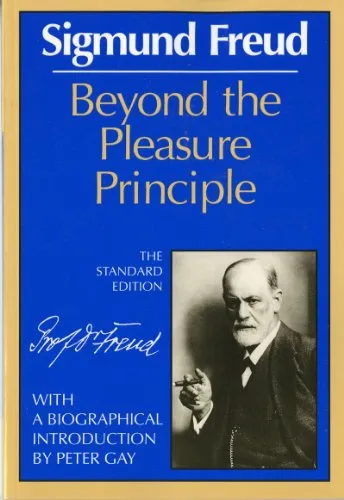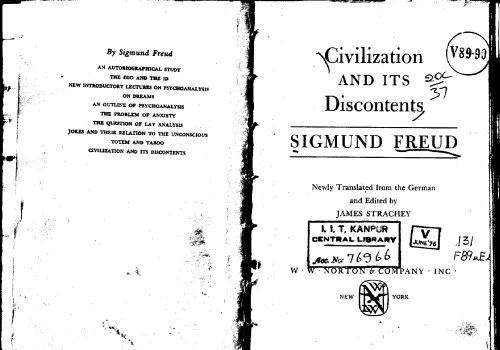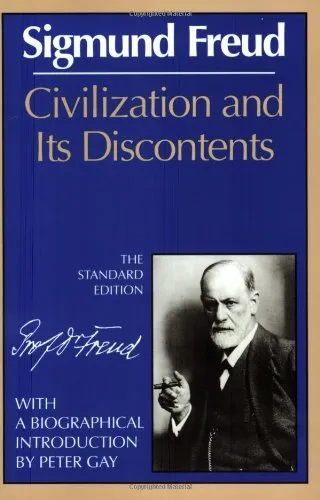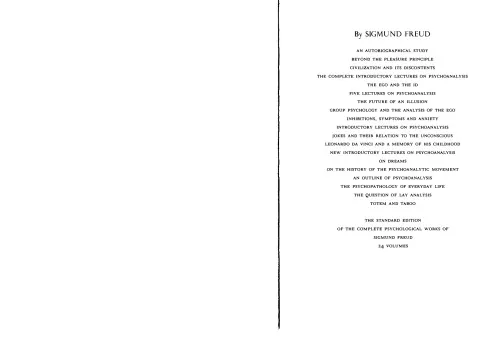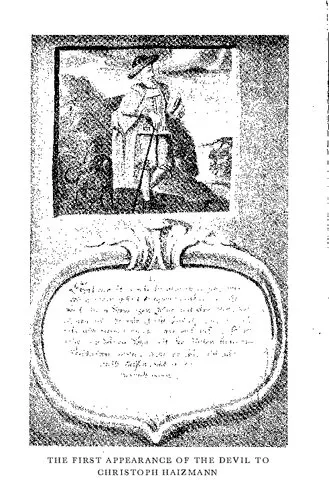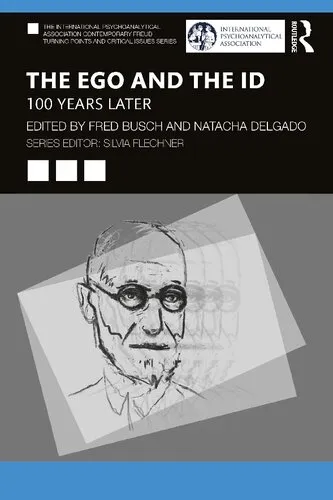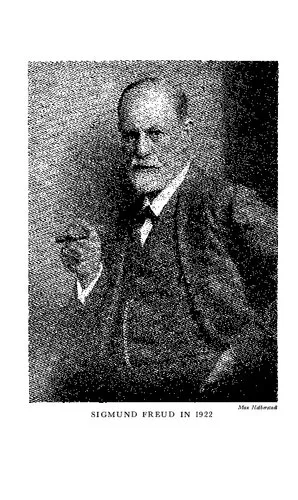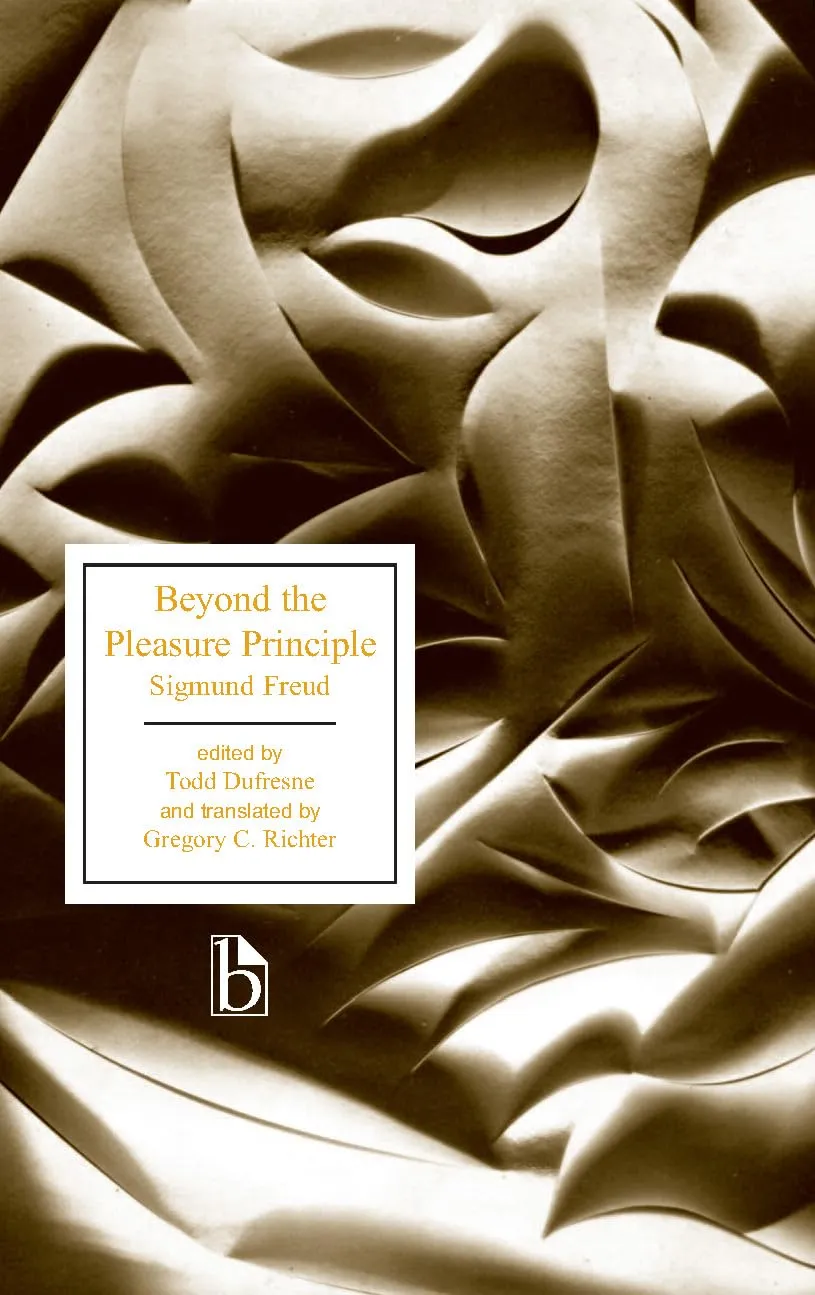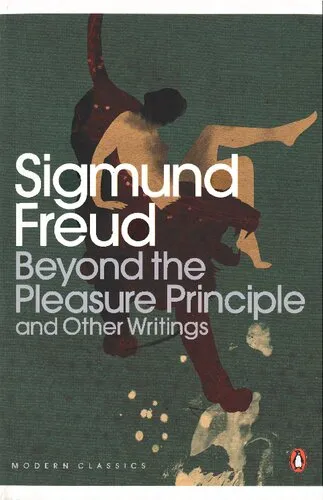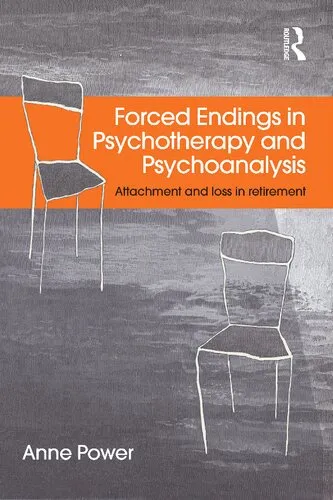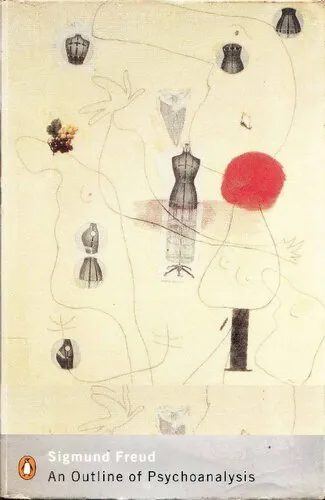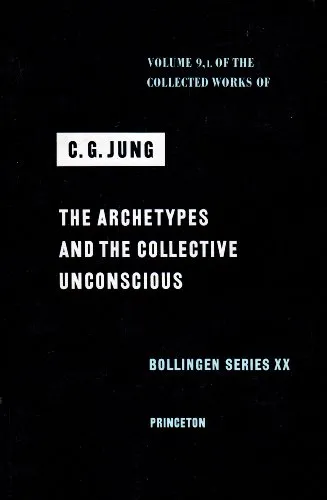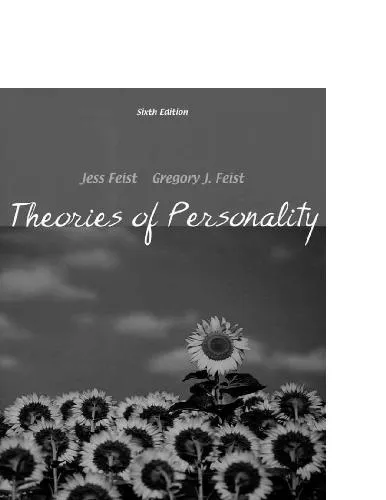Beyond the Pleasure Principle
4.2
Reviews from our users

You Can Ask your questions from this book's AI after Login
Each download or ask from book AI costs 2 points. To earn more free points, please visit the Points Guide Page and complete some valuable actions.Related Refrences:
Introduction to "Beyond the Pleasure Principle"
Sigmund Freud's "Beyond the Pleasure Principle" is a seminal text in the realm of psychoanalysis, where Freud ventures into the complexity of human behavior by moving beyond his earlier focus on the pleasure principle. Published in 1920, this work marks a pivotal point in Freudian thought, challenging and expanding upon his previous theories about the human psyche.
Detailed Summary of the Book
In "Beyond the Pleasure Principle," Freud introduces a critical examination of human behavior through the lens of psychoanalysis, questioning his earlier notion that human actions are primarily driven by the pursuit of pleasure and the avoidance of pain. In the book, Freud posits that there is another, often overlooked, principle at work: the death drive, or "Thanatos." He proposes that this instinct works in tandem with Eros, the life drive, creating a duality that influences human consciousness and behavior.
Freud delves into his observations of repetitive behavior and trauma, arguing that these phenomena cannot be solely explained by the pleasure principle. He presents case studies and reflections on war neuroses, child development, and repetitive dreams to illustrate how an inherent compulsion to repeat past experiences might indicate a subconscious desire for a return to a more primordial state of being.
This book is, therefore, a key text in understanding the expanded framework of Freudian psychology, wherein Freud postulates that human life is a battlefield of opposing forces: life and death, creation and destruction, helping to shape our understanding of psychological drives and human nature.
Key Takeaways
- Freud introduces the concept of the death drive, which contrasts with the previously acknowledged pleasure principle, suggesting that our behaviors are motivated by both our instinctual drives for pleasure and an unconscious urge towards destruction.
- The compulsion to repeat, seen in traumas and dreams, challenges the supremacy of the pleasure principle by illustrating behaviors not aimed at achieving pleasure but tied to an instinctual energy for repetition regardless of discomfort.
- Freud's theories laid in "Beyond the Pleasure Principle" paved the way for later developments in psychoanalysis, influencing existential and developmental psychology, as well as broadening the understanding of human motivation and the psyche's complexity.
Famous Quotes from the Book
"What we are left with is the notion of a ‘compulsion to repeat’—something that seems more primal, more fundamental than the pleasure principle."
"Unmistakably present in all living things, the tendency to return to the ancestral state—that state from which an organic being emerged."
Why This Book Matters
"Beyond the Pleasure Principle" is significant as it marks a crucial turn in Freudian theory from a simplistic hedonistic viewpoint to a more nuanced exploration of human behavior. By acknowledging the dual instincts of Eros and Thanatos, Freud offers profound insights that have enduring relevance in understanding human psychology and pathology.
This book matters because it expands the scope of psychoanalytic theory, influencing succeeding generations of thinkers seeking to unravel the complexities of human nature. It challenges readers to consider the deeper, often darker, motivations that lie beneath our conscious intentions and actions, ultimately offering a richer, more complex understanding of the self and the inherent contradictions of the human condition.
Free Direct Download
You Can Download this book after Login
Accessing books through legal platforms and public libraries not only supports the rights of authors and publishers but also contributes to the sustainability of reading culture. Before downloading, please take a moment to consider these options.
Find this book on other platforms:
WorldCat helps you find books in libraries worldwide.
See ratings, reviews, and discussions on Goodreads.
Find and buy rare or used books on AbeBooks.
